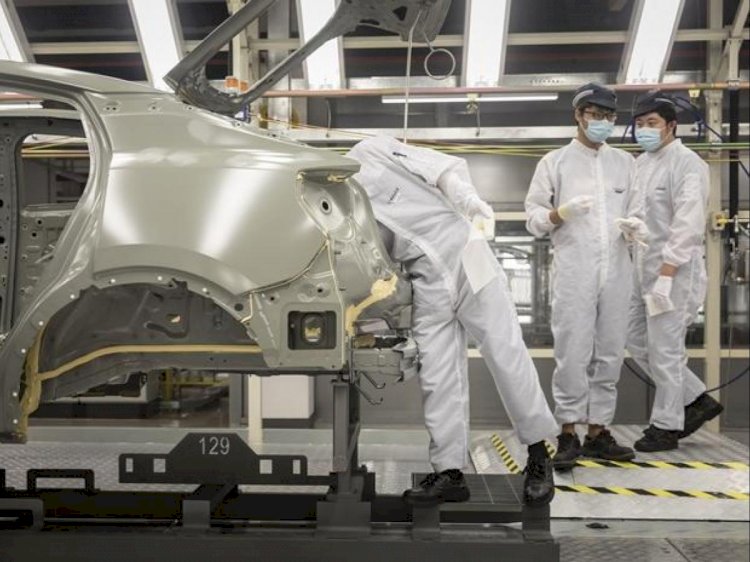World Top Automakers Suspended Operations as Chip Supply Dries Up
Automakers like Volkswagen AG, Toyota Motor Corp., Ford Motor Co., and Honda Motor Co. are highly impacted by challenges with the supply of semiconductors, that are used in vehicles.

World’s giant automakers are halting operations at their units in Asia, Europe and North America due to a constant shortage of semiconductors that was inflamed by a fire at a key chip-manufacturing plant. Automakers like Volkswagen AG ,Toyota Motor Corp., Ford Motor Co. and Honda Motor Co. are highly impacted by challenges with the supply of semiconductors, that are used in vehicles.
The shortage initially rises due toincrease in demand for cars clashed with a bang in the market for devices such as laptops, webcams and gaming systems due to the COVID-19 outbreak. Other factors like winter storms in the U.S. also affected semiconductor supplies, and now this situation worsened this week after a fire damaged a plant run by Renesas Electronics Corp., it is a major provider of automotive chips.According to Seoul Economic Daily,Hyundai Motor Co. is halting extra work on weekend to adjust manufacturing of brands like Kona, Avante, Grandeur and Sonata.The Honda is haltingmanufacturing at its six factories in the U.S., Canada and Mexico, due to the chip shortage and congestion at ports and cold weather.
Volvo AB is also implementing stop days across its global truck manufacturing operations, due to the chip shortage.Ford has suspended production at a factory in Ohio and Kentucky until March 29. Nissan Motor Co. is also adjusting production in the U.S. and Mexico.Manufacturing at Toyota’s Kolin plant in the Czech Republic, which makes the compact car Aygo for the European market, have been halted for two weeks after cold weather in the U.S. disturbed chip production.Volkswagen is also suspendingmanufacturing at a plant in Portugal.Mitsubishi Motors Corp. is decreasing domestic output of vehicles by 4,000-5,000 units in March and reviewing manufacturing plans for April.




























